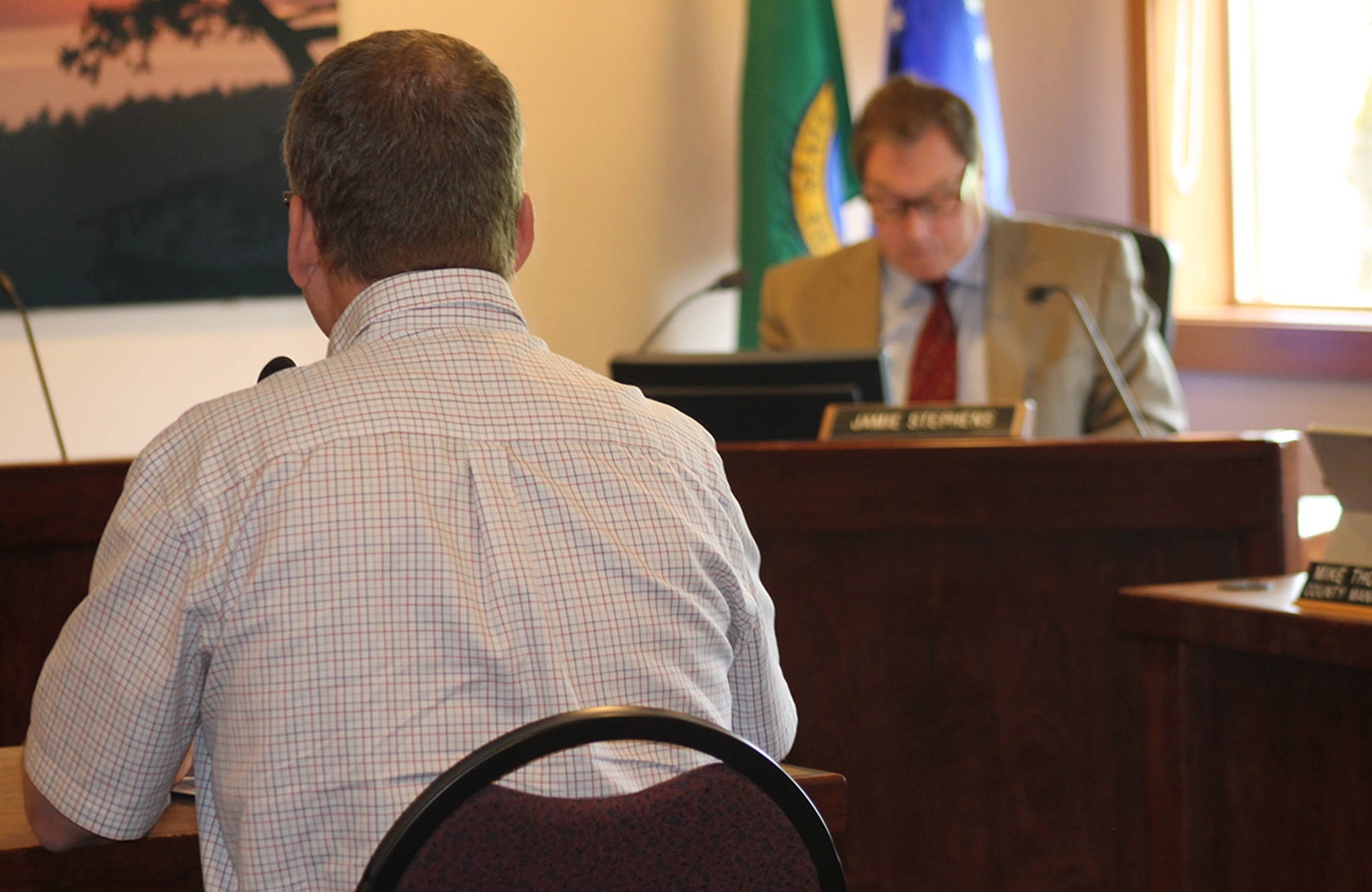Islanders, who need help staying in their homes this year, may not have their needs met.
“The applications all came in and the total amount exceeded what we had allocated in our budget,” said San Juan County Health and Community Services Director Mark Tompkins at the May 9 county council meeting.
Local resource center employees have requested about $19,000 more than the county planned for the Emergency Rental Assistance program. The program gives low-income islanders money to move into new housing or avoid immediate eviction. Island resource center officials distribute the funds.
On May 9, San Juan County council approved the county’s housing bank recommendation to divide the program’s $15,000 evenly amongst the islands’ three resource centers.
“Discussions included, should we break it up by population, should it be based on need, should it be based on what the requests were,” explained Tompkins of the housing bank’s recommendation.
The Orcas Community Resource Center requested $15,000, the Lopez Island Family Resource Center requested $10,000 and the San Juan Island Family Resource Center requested $8,769. Island resource centers are unrelated, independent nonprofits, not operated by the county.
The ERA program is partially funded by surcharges on county recording fees for documents like real estate transactions and wills.
According to San Juan County Auditor Milene Henley, recording revenue was higher in 2016 than budgeted, leaving $15,000 available to the ERA, this year.
The same pool of money that funds the ERA primarily provides housing subsidies for income-qualifying seniors and the disabled. In 2016, the majority of the money went to that program. The county has disbursed as high as $33,000 in 2013 to ERA recipients and as low as $0, last year, according to the staff report to council.
Henley said the county charges a $5 base to record documents, but the various surcharges total it to $73 per filing. Of that, $48 funds homelessness prevention, including ERA, through a state law.
If passed, a bill known as the Washington state Housing Opportunity Act would prevent part of the fee from its scheduled lowering to $10 in 2019 by permanently setting it at $40. The bill would allow county officials to increase that $40 to a maximum of $90.
Each island resource center receives individualized ERA funding from the United Way, FEMA, Bellingham’s Opportunity Council, and private donations.
The grant application from the Lopez Island Resource Center stated United Way funding dropped $3,000 since last year. Executive directors from the other two resource centers said their United Way funding lowered this year, as well.
The Lopez Island Resource Center grant application also reported that center employees could not access part of their Opportunity Council funds in 2016. The state, which funds the council, prioritized the homeless over those who needed rental assistance.
“Unfortunately a lot of our legislative dollars are geared towards the homeless instead of keeping people in their houses,” said Stephens at the May 9 meeting.
According to the grant applications, last year, the Orcas Island Family Resource Center supported 23 households with ERA funds, Lopez supported 14 and San Juan Island supported eight. Those who received money for housing included a disabled, elderly woman, living in her car, as well as a mother of three, living in a violent home.
“Your support has been the difference between life and death for my three young children,” read testimony from the mother in the Lopez Island Resource Center’s grant application.
Next year, Tompkins hopes to work with resource center officials to better budget for the ERA and Councilman Rick Hughes agreed.
“I would like to consider, for next year, what is the amount we need to help all these families,” said Hughes. “I think this falls into continuing our affordable housing discussion as an executional item.”
To donate to the ERA program, contact the San Juan Island Resource Center at 378-5246, the Orcas center at 376-3184 and the Lopez center at 468-4117.



